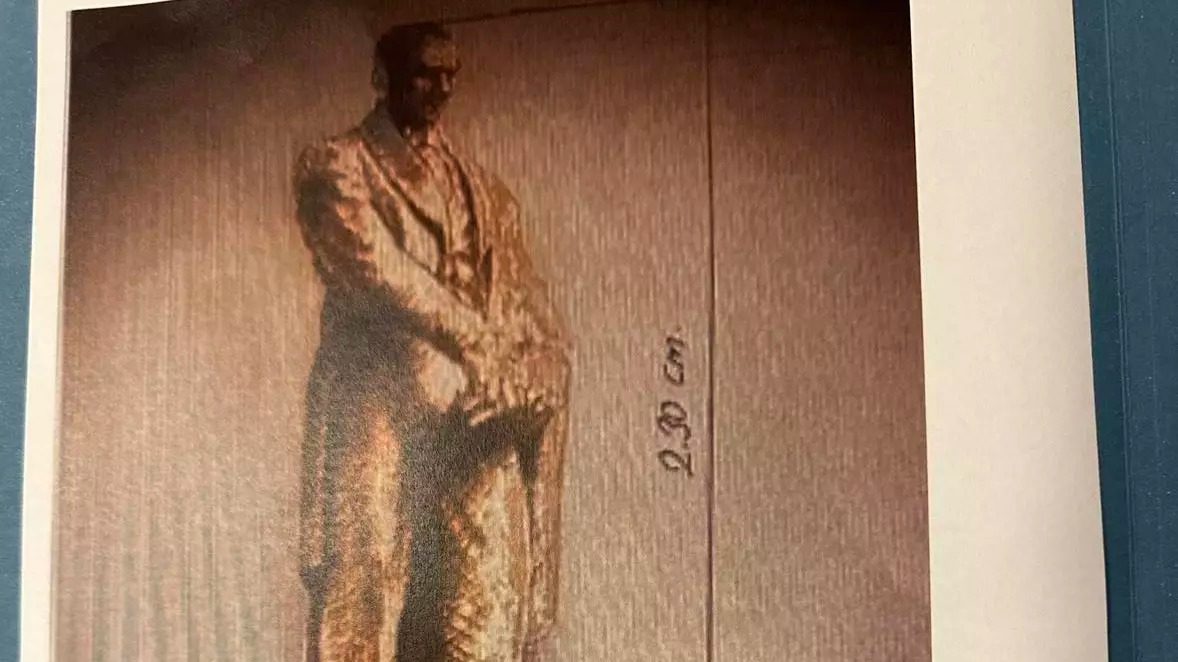A request from the Turkish ambassador to place a statue of Mustafa Kemal Ataturk, the founder of modern Turkey, in a park in Prague 6 has sparked controversy. Ataturk is considered the father of the current Turkish state and served as its first president. However, his legacy is not without controversy, and some residents are protesting against the statue’s placement due to Ataturk’s involvement in the ethnic cleansing of Armenians, Assyrians, and Greeks in the 1920s.
The proposed statue is approximately three meters tall and would be in a park adjacent to Ankarská and Na Větrníku streets. Some residents are planning public protests against the statue’s placement, with one Armenian resident stating, “Ataturk is a criminal. We must prevent this. If he has a statue here, then Hitler or Putin could have one here too. We plan to hold demonstrations and protests.” Similar protests by Armenians in Karlovy Vary in 2013 resulted in the cancellation of an attempt to erect an Ataturk statue.
The controversy has raised questions about Ataturk’s legacy and the responsibility of local government to consider the backgrounds of individuals honored with public statues. While Prague 6 has yet to decide on the statue’s placement, the district’s mayor, Jakub Starek, has stated that he plans to consult with the Ministry of Foreign Affairs before making a final decision. Meanwhile, the local planning department is considering the Turkish ambassador’s request.
Ataturk’s legacy is complex, and while he is celebrated as a national hero in Turkey, his involvement in ethnic cleansing has been condemned by historians. According to Marek Jandak, a historian at the Institute of Contemporary History at the Academy of Sciences, Ataturk was directly responsible for the Armenian genocide in 1922, in which approximately 1.5 million Armenians were killed. However, Ataturk’s role in the genocide is disputed, and some argue that it was committed by various militias with the Turkish military’s support.
Regardless of his role in the genocide, Ataturk’s legacy raises essential questions about how we remember historical figures and the responsibility of local governments to consider the backgrounds of individuals honored with public statues. Prague 6’s decision regarding the Ataturk statue will have implications beyond the district and will be watched closely by those who seek to keep individuals with complex legacies.





